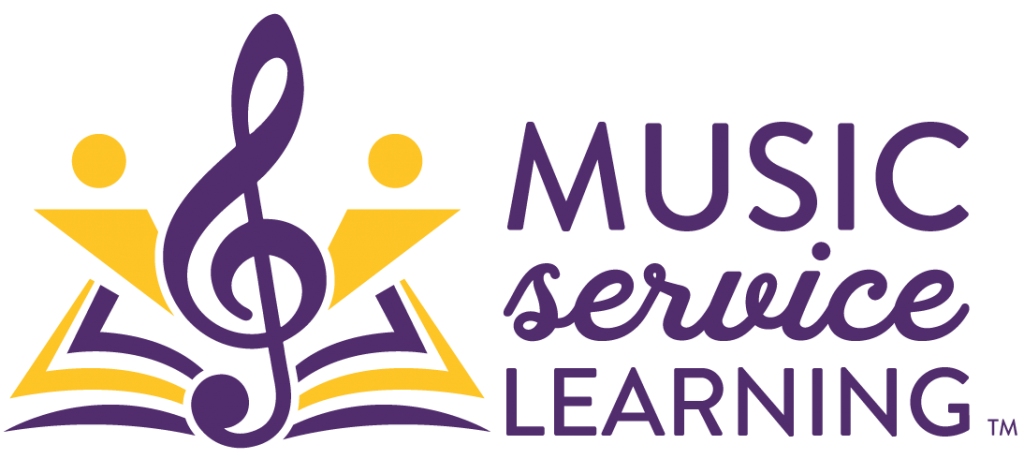Project Benefits
Ownership – With no conductor to lead the group, students must take ownership of a number of concepts that they would not have to consider in a large (conducted) ensemble (i.e. – starting together, choosing and maintaining tempo, determining dynamics, lengths of notes and phrases, etc.). Each player has the opportunity to develop leadership skills, responsibility, organizational skills, stage presence, creativity, and foster their own unique musical identity!
Independence – Whereas students in large ensembles are playing the same part as a number of other students, each performer in a small ensemble is a soloist. When forced to make musical decisions without a conductor, students become empowered and develop into more independent musicians!
Performance – Small groups of students can play at community events where it is simply impractical for a large group to do so. Since opportunities to play in large ensembles (marching band, concert band) decrease significantly as students leave academic environments, it is imperative that we provide our instrumental music students with small ensemble experiences that will encourage life-long music making!



